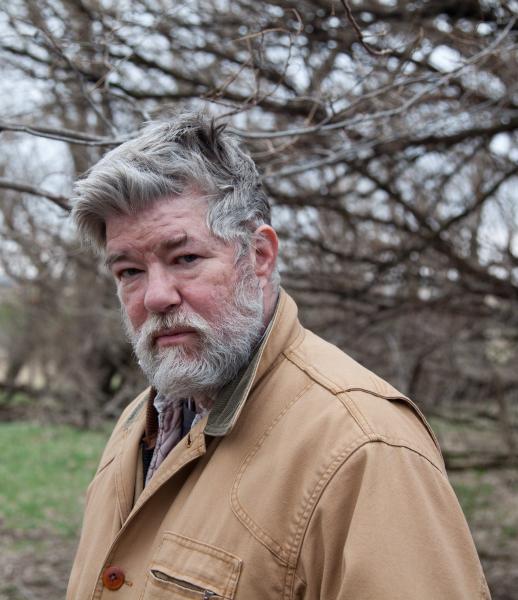By Paul Rankin. Special to the Clarion-Ledger Sunday print edition (May 27)
Since the 1972 publication of his first novel, Coming Through Slaughter–an impressionistic-historical fiction set in the seedy underworld of Storyville New Orleans and chronicling the various misadventures of legendary coronet player Buddy Bolden–Michael Ondaatje has firmly established himself among our finest living craftsmen.
Born in Sri-Lanka and based now in Canada, Ondaatje is the author of 20 books of poetry and prose including The English Patient (1992) and Anil’s Ghost (2000), each of which achieved a rare combination of critical acclaim and popular success.
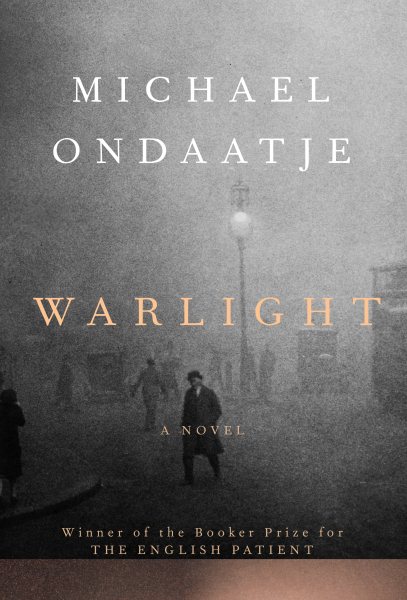 His writings have won numerous awards and honors including the Booker Prize, the Prix Médicis, and the Irish Times International Fiction Prize. With such a superlative record, expectations naturally run high, and his latest novel, Warlight (Knopf) does nothing to disappoint.
His writings have won numerous awards and honors including the Booker Prize, the Prix Médicis, and the Irish Times International Fiction Prize. With such a superlative record, expectations naturally run high, and his latest novel, Warlight (Knopf) does nothing to disappoint.
Set in London in the immediate aftermath of WWII, Warlight centers on Nathaniel and Rachel, siblings for whom “life was still haphazard and confusing during that period.” As the story unfolds, we witness the residual effects of chaos and devastation in their lives.
From the opening scene when their parents announce they’ll be going away, leaving their children “in the care of two strangers who may have been criminals,” Nathaniel (the narrator) describes and populates a world where everyone and everything is suspect. Theirs was “a family with a habit for nicknames,” he notes, “which meant it was also a family of disguises.” Nothing is reliable; no one can be fully trusted.
Nathaniel’s fondest memory, in those bittersweet days before the abandonment, involves his mother engaged in “various homemade theatrical performances.” All activity feels staged. Everyone wears some kind of mask. Very few characters even go by their real names.
The mother refers to Nathaniel as Stitch. Rachel, she calls Wren. Their dubious guardians are The Moth and The Darter, and even Nathaniel’s girlfriend “Agnes” has taken this name from the place (Agnes Street) where they had their first rendezvous.
This precarious sense of reality leads Stitch to draw “detailed maps” early on, obsessing over each detail “as if what was not recorded might be in danger.”
The process of mapping is one of the primary ways humans have sought to order the overwhelming complexities of life. Storytelling is another. Every map tells a story, we might say, and every story is a kind of map by which we attempt to navigate the world. Later, Stitch will turn from cartography to narrative in his attempts at preservation.
The result of that effort is the novel itself–a subtly crafted frame story in which we observe him deep in the throes of reconstructing his own life history. It is also, in a sense, a sort of existential detective story in which he sleuths for clues as to his parents’ true identity and their roles during and just after the war.
From his early cartographies to his later retrospective narrating, we bear witness to Stitch’s desperate attempts to stitch his own life together, gathering the various scraps of memory and documentary evidence, quilting them together in a coherent pattern. What emerges is a self-conscious, self-reflective composition in which Nathaniel fills in blanks as best he can.
This constitutes an impressive feat: the way Ondaatje manages to present a character who is essentially bewildered (as so many of us are), living in a bewildering place and time (as so many of us do), without the book itself descending into bewildering chaos at any point.
It was, as they say, bravely done.
Paul Rankin is a freelance writer and editor, holds an MFA in fiction from Warren Wilson College, and lives with his family in Jackson where he is working on a novel.
Signed first editions of Warlight are still available at Lemuria’s online store.


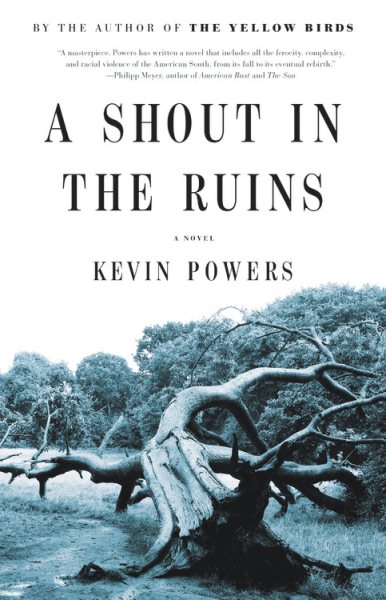 In his daring second novel,
In his daring second novel, 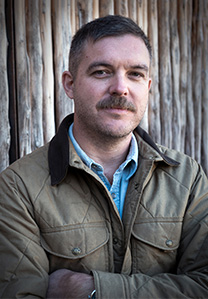
 I first heard about
I first heard about  In contrast, I picked up an advanced reader copy of
In contrast, I picked up an advanced reader copy of 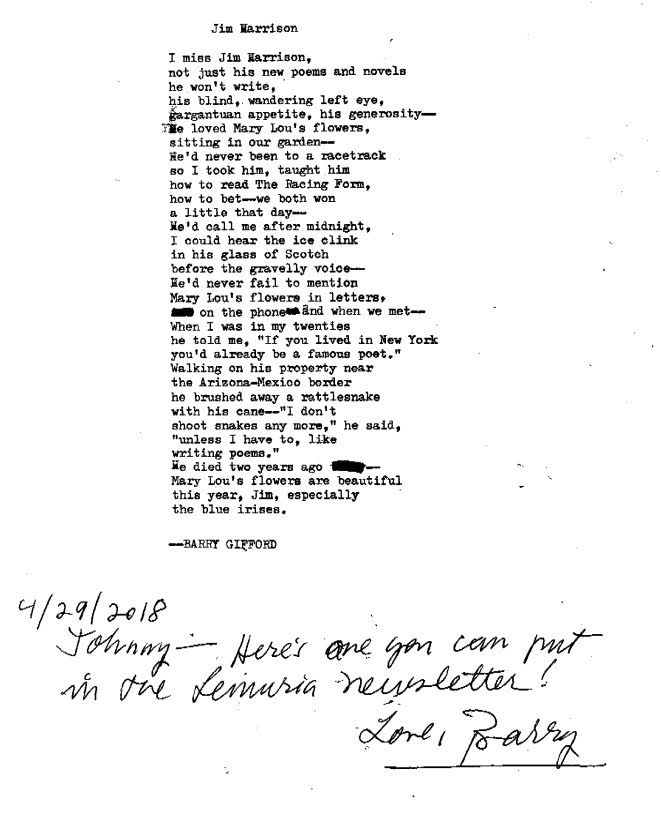
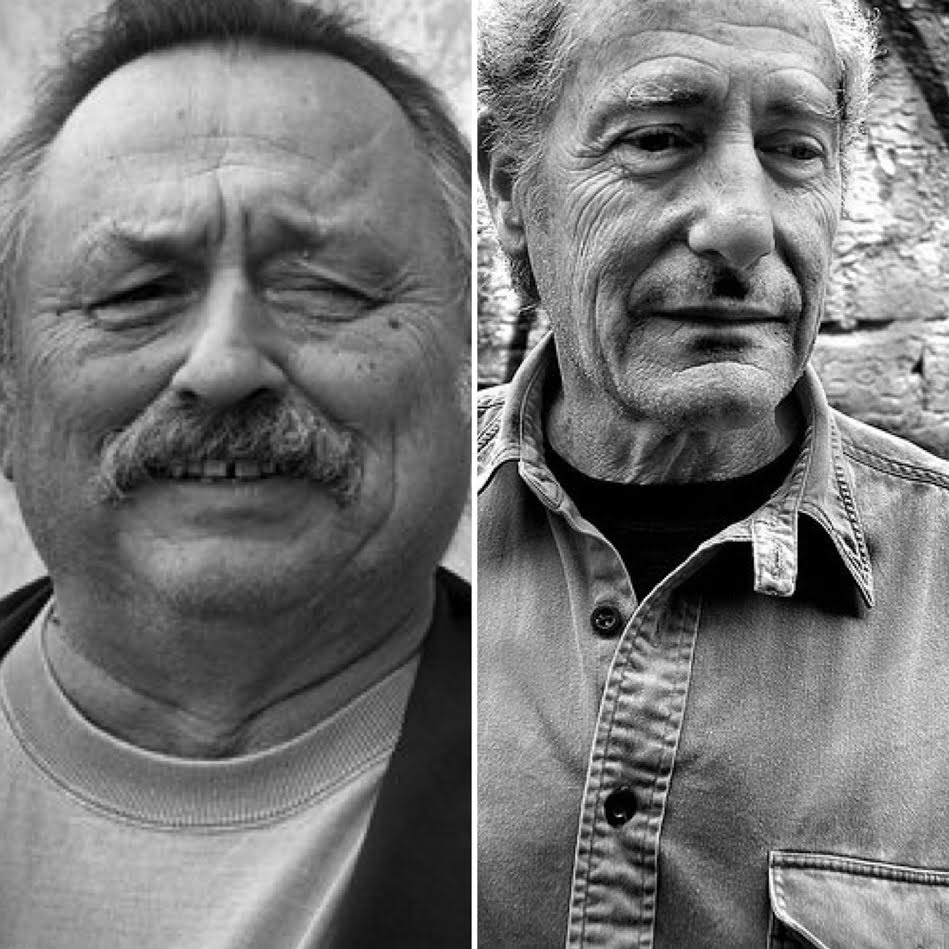
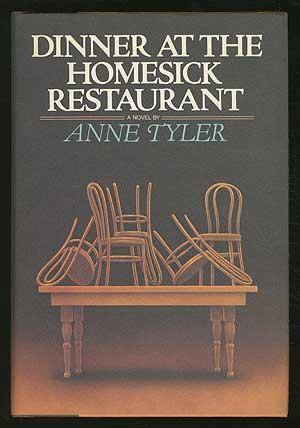
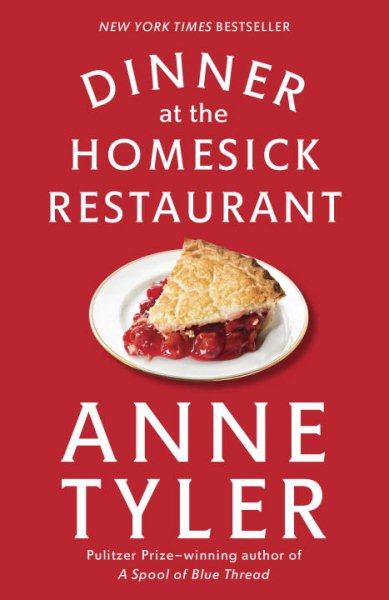
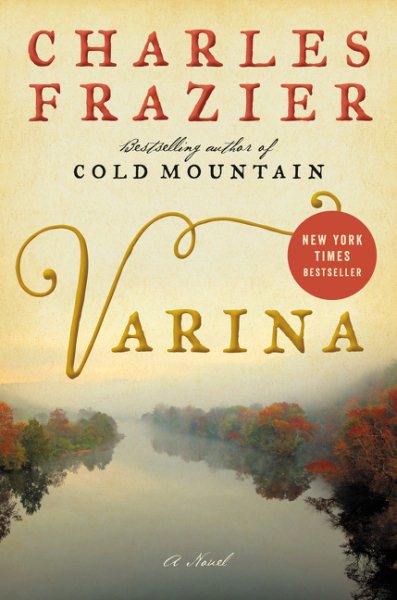 I know that Charles Frazier is most known for his novel,
I know that Charles Frazier is most known for his novel, 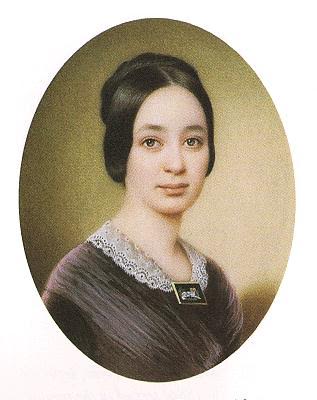 Married at 17 to a man nearly 20 years her senior, Varina is thrust into political life during the brutality of the Civil War. She suffers the loss of several children and then decides to rescue a black child named Jimmie to raise as her own.
Married at 17 to a man nearly 20 years her senior, Varina is thrust into political life during the brutality of the Civil War. She suffers the loss of several children and then decides to rescue a black child named Jimmie to raise as her own.
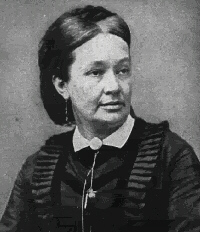
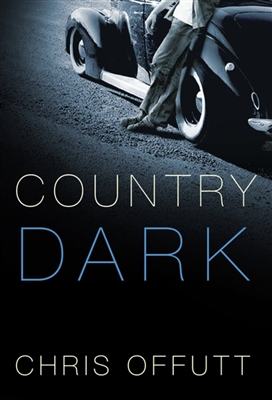 After nearly two decades, award-winning author and screenwriter Chris Offutt of Oxford has released his long-awaited next novel–and this time it is definitive Southern Gothic, as he lays out the story of
After nearly two decades, award-winning author and screenwriter Chris Offutt of Oxford has released his long-awaited next novel–and this time it is definitive Southern Gothic, as he lays out the story of 